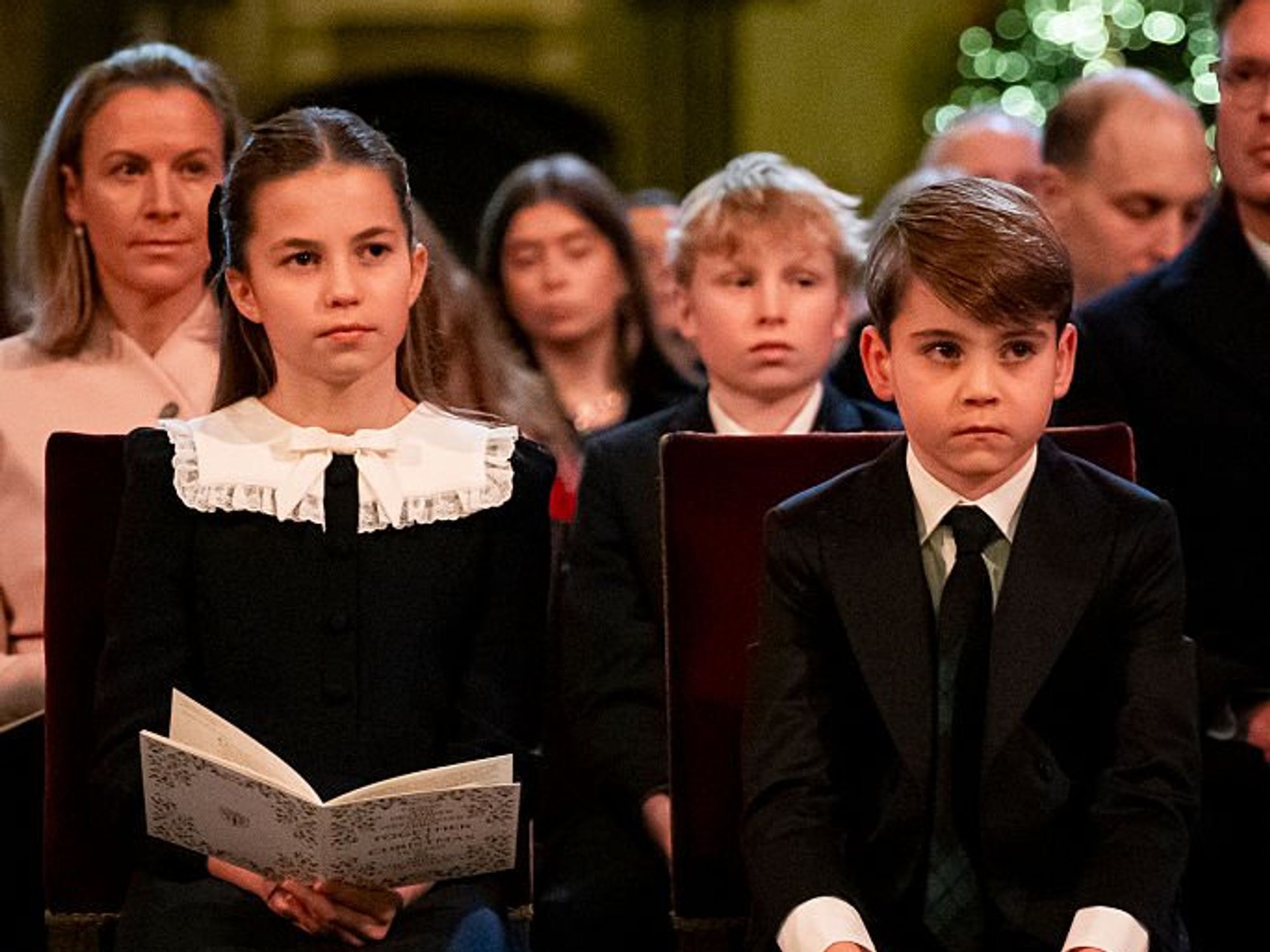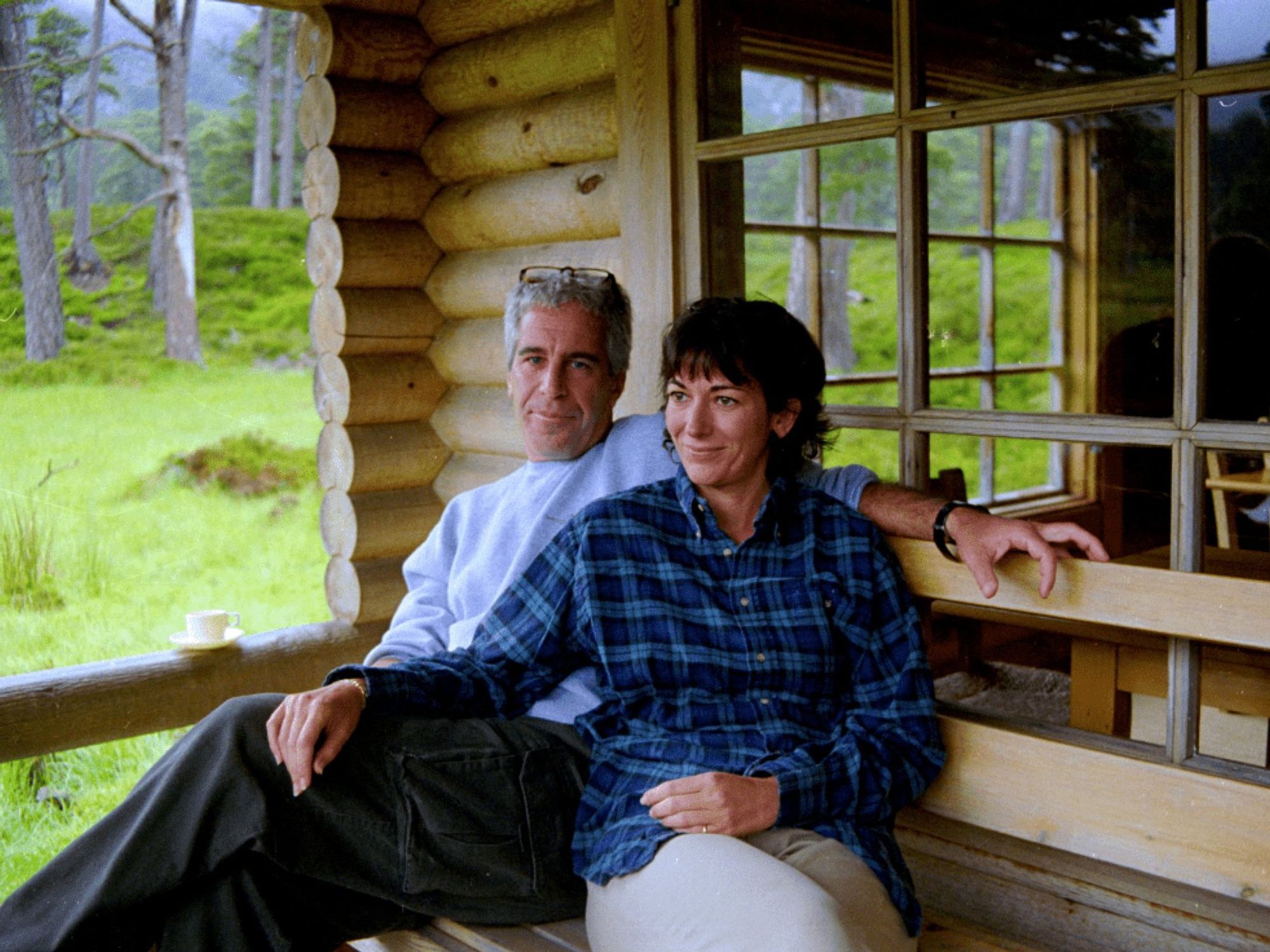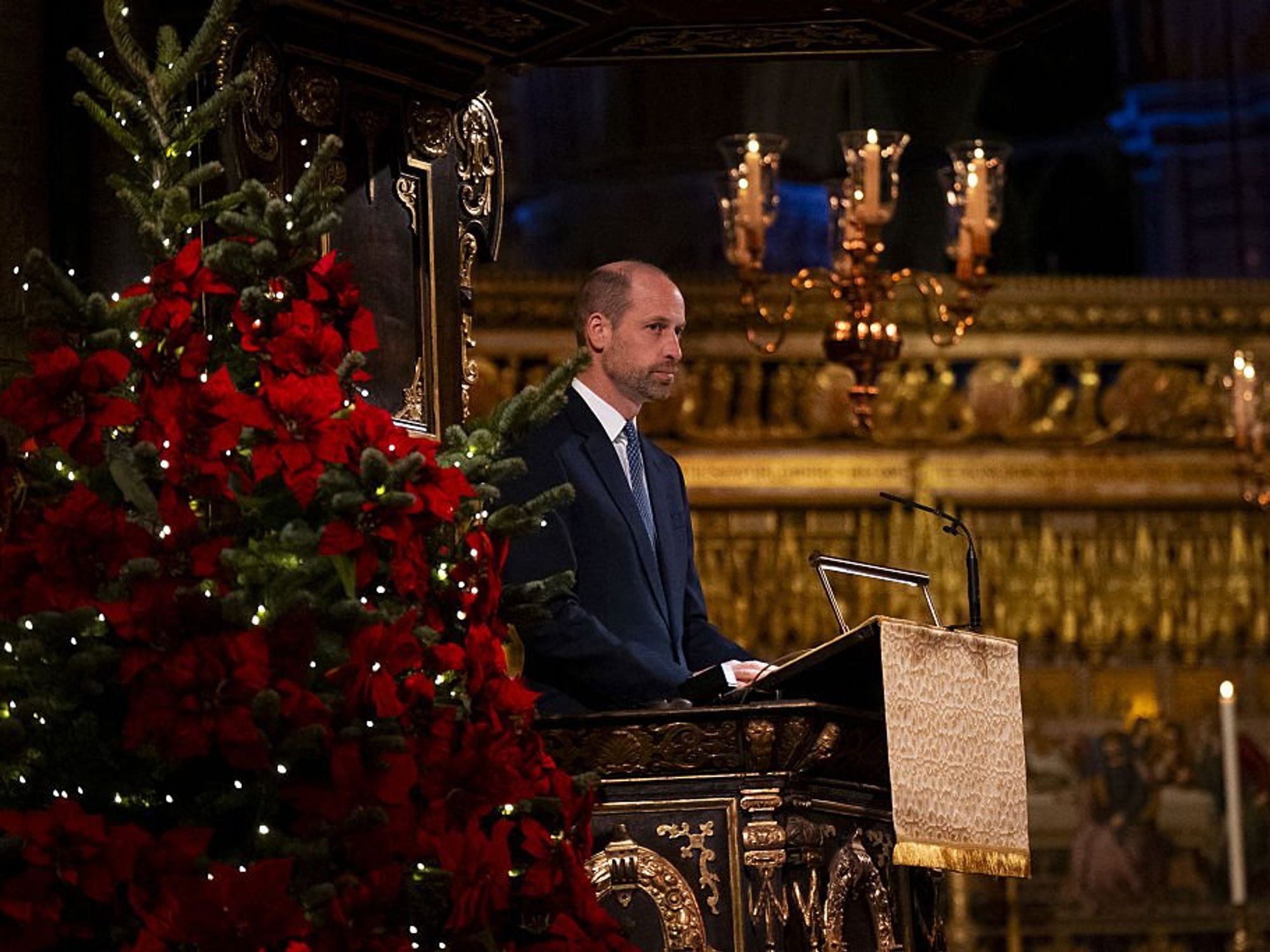Palestine protesters claim they have 'no intention of causing disruption to Remembrance events', Met police say
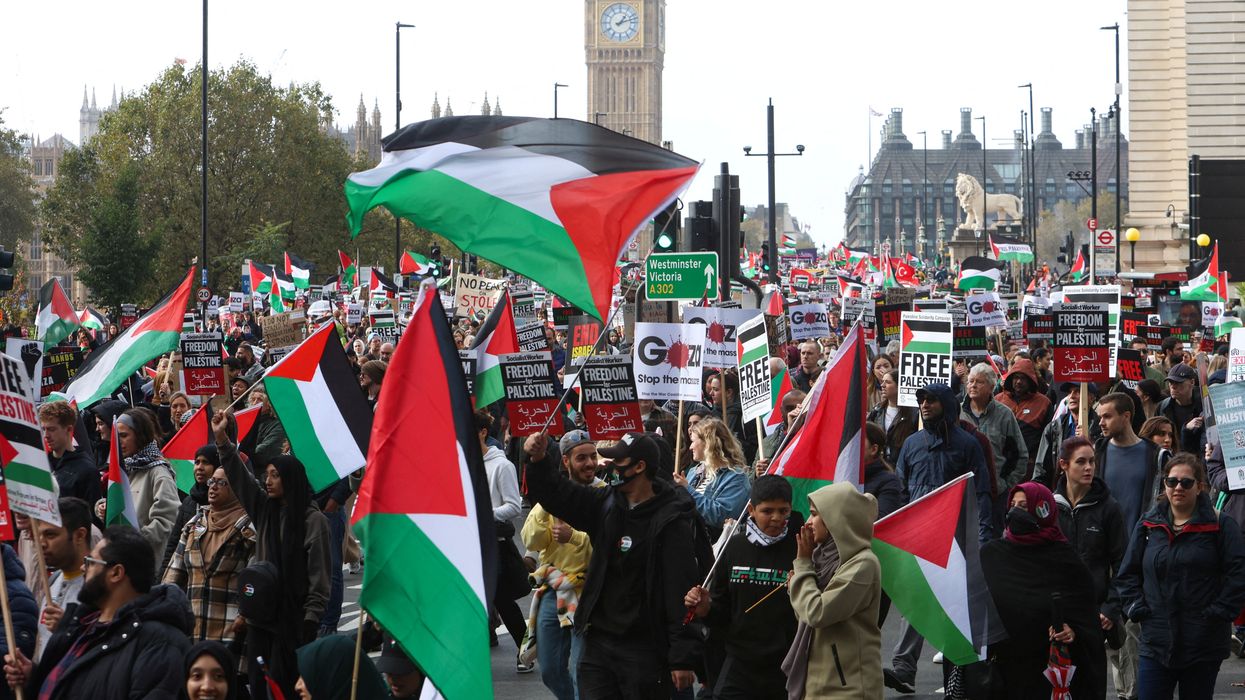
There is 'no intention of causing disruption to Remembrance events', the Metropolitan Police has been told by organisers of protests ahead of Remembrance Sunday
|Reuters
Rishi Sunak described pro-Palestinian protests planned for London as 'provocative and disrespectful'
Don't Miss
Most Read
Latest
There is “no intention of causing disruption to Remembrance events”, the Metropolitan Police has been told by organisers of protests ahead of Remembrance Sunday.
There have been fears a planned march next weekend could disrupt the two-minute silence commemorating the war dead, and the daytime and evening Festival of Remembrance at the Royal Albert Hall, with the latter performance usually attended by members of the royal family.
The Metropolitan Police said they recognise the context in the protests taking place, and that they are “sympathetic to what’s happening in Israel,” whilst acknowledging people’s feelings around that.
Ahead of next weekend, Rishi Sunak described pro-Palestinian protests planned for London as “provocative and disrespectful”.
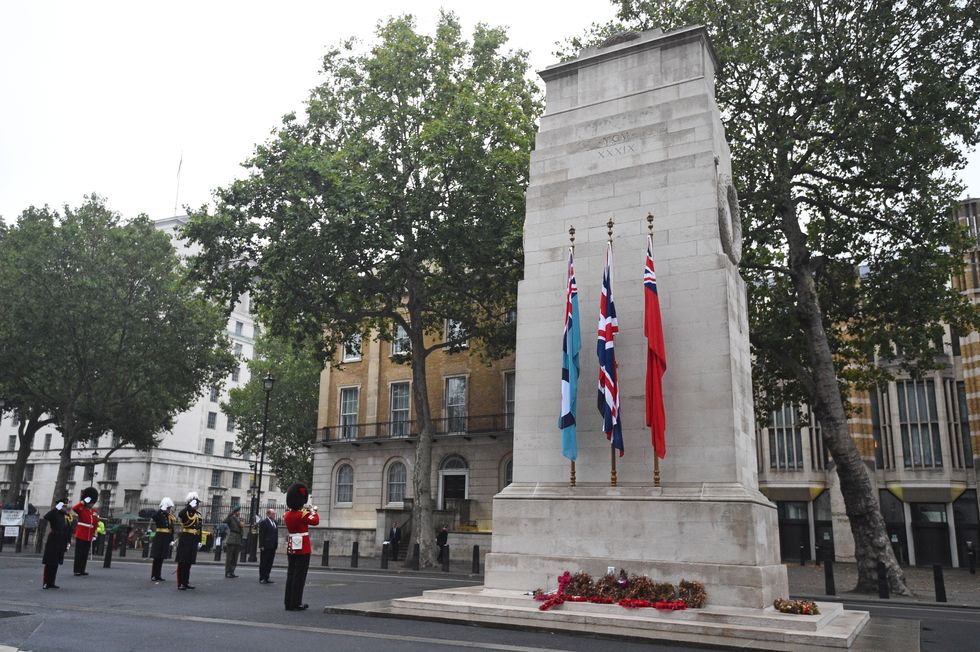
Ahead of next weekend, Rishi Sunak described pro-Palestinian protests planned for London as 'provocative and disrespectful'
|PA
The prime minister also asserted that there was a “clear and present risk that the Cenotaph and other war memorials could be desecrated” on a day when thousands of marchers are due to gather in central London.
This follows comments made by the security minister, Tom Tugendhat, who said the planned protest by the Palestinian Solidarity Campaign on Saturday 11 November in London was a “matter of great concern” and that he had written to the Metropolitan Police about it.
Karoline Findlay who is responsible for policing in London this week said: “As we enter the fourth weekend of protest it is only right, we continue to review and refine our policing approach.
“I have heard first hand from faith leaders and others of the devastating impact of recent events for Londoners.
“Hate crime sadly continues to rise. This will not be tolerated.”
She also reiterated that officers will be taking “positive” action at every chance when warned of crimes, especially those which are “inflammatory and fuelled by hate”.
LATEST DEVELOPMENTS:
- Pro-Palestine protesters chant 'from the river to the sea' at mass demo in London - Corbyn joins march
- 'Gutless!' Rishi Sunak faces explosion of backlash after 'weak' a Palestine Armistice Day protest response: 'Do something!'
- Palestine activists hurl red paint over London building and climb onto entrance roof
Findlay confirmed that retrospective facial recognition technology will be used to identify people at the march throughout London on Saturday and says officers will act quickly within the crowds to apprehend suspects.
However, she refuted that the tougher measures laid out are not a consequence of political pressure from government ministers and that the Met Police “retain” their operational independence.
The commanders took the opportunity to address the number of hate crime offences being reported in London in October. They saw a rise in reports of anti-Semitic incidents, up 93% from last year with 657 reports received.
In addition, they received 220 Islamophobic offences and 230 incidents, which have increased from 44 offences and 49 incidents in the same period in 2022.
Londoners were also reassured with more patrols taking place and that more than 6,500 visits to vulnerable premises have taken place, including 928 schools and 4,769.
This comes after there have been a spate of anti-Semitic attacks across the capital, which resulted in the Metropolitan Police ramping up their patrols.
Her colleague Commander Dominic Murphy, Head of the Met’s Counter Terrorism Command said: “Supporting any proscribed terrorist groups here in the UK – whether it be online or in the real world is a serious offence.
“We will look to investigate and take action where we find evidence of people doing this.
“We’re receiving hundreds of referrals of potential criminal and terrorist activity online every week, and I think the public for doing this. These reports are taken seriously and where we identify potential terrorist activity, we will take action.
With more protests planned over the next few weeks, there are now questions about the resources that the Metropolitan Police have at their disposal.
This weekend 170 officers are being brought in to support officers in Central London. The Met Commissioner also confirmed this week that 3,500 community police officers have been redeployed to central London protests in the past three weeks.
Sir Mark Rowley told the London Assembly he was “deeply concerned” about the impact on community policing.
He added that if the protests continue, the Met would have to “rethink” its resources going forward.





